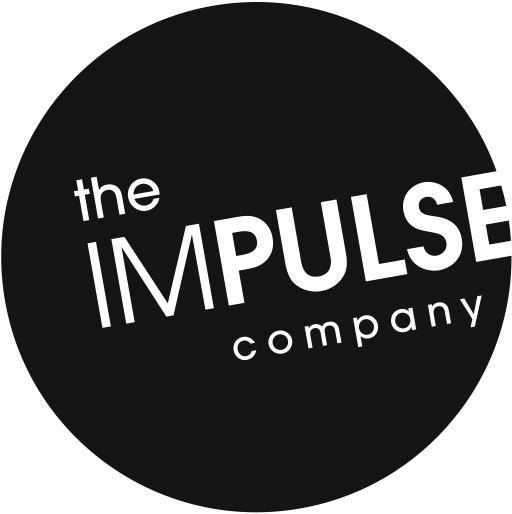Since completing my Kinesiology training, I continue to be amazed and intrigued by the connection between our bodies, our emotions and healing, and the positive impact this can have on your acting craft.
Read MoreOne of the reasons I believe this work is so transformational for an actor, is that in order for us to train you to be truthful in your acting, we need to get you out of your head – to disconnect your intellect so you can live truthfully in your work.
Read MoreTruth is the highest value in our work – not a big emotional outpour. Emotions don’t have a hierarchy in the technique and quiet, truthful moments are just as valuable as enraged outbursts. Feelings are just feelings. We don’t rate them as good/bad or better than any other.
Read More
I get asked a lot about what’s different about the Meisner technique compared to others.
People who have nothing to do with acting are often intrigued to even know that there are different techniques at all.
Read MoreThe Amygdala plays a key role in the processing of memory and emotions – rational as well as the other, murky, illogical emotional responses we have to certain stimuli, for seemingly unexplained reasons. It is primal and instinctive as opposed to our cortex (the part of the brain we use for thinking).
By Erica Chestnut via www.livingtruthfully.com.au
Read MorePerhaps you’ve done a class and trained elsewhere? The classes may resemble each other, but often the style and rules around the technique of repetition are different.
By Erica Chestnut
Read MoreMeisner defined acting as “living truthfully under given circumstances”. He believed that an actor should never be manipulated or negatively impacted to be able to act – instead, he aimed for solid, organic truth, rooted firmly in instinct.
by Erica Chestnut
Read More








